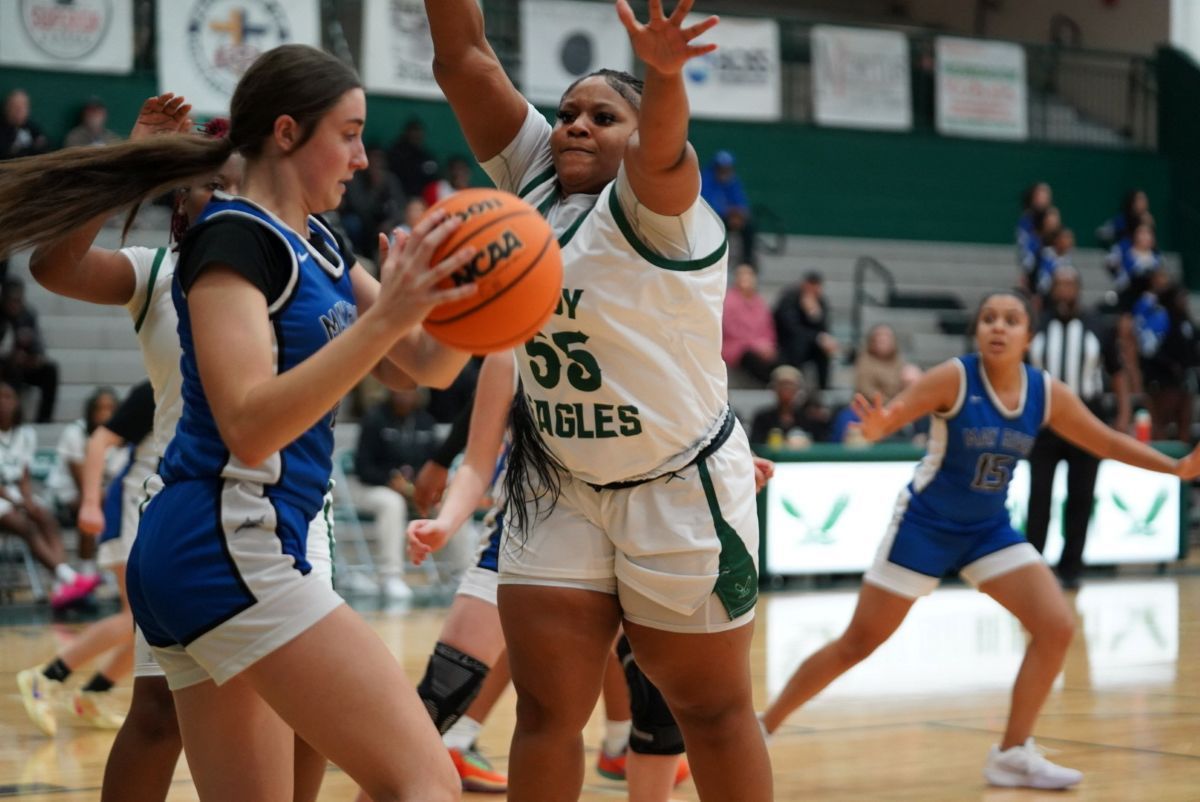By Terry Manning
Few things leave me as conflicted as the accusations and handling of allegations made against former Clemson quarterback Deshaun Watson.
He now plays for the Cleveland Browns, or more accurately, he will play for the Browns after he serves an 11-game suspension and pays a $5 million fine.
Watson is a superior athlete who throws the football with such ease it sometimes looks like he’s not propelling it as much as releasing it to find its intended target. Paired with a great defense and some of the best skill players in the history of the program, the quarterback seemed destined to bring Clemson its second college football national championship.
That he did, finding Hunter Renfrow in the end zone to close out a game-winning drive over Nick Saban’s Alabama Crimson Tide.
Watson dazzled football analysts after he turned pro, using postgame press conferences to explain how he cracked the codes of the high-flying defenses he faced. Sports Illustrated’s Dan Gartland wrote Watson “does a good job explaining some of the jargon … so that someone who hasn’t been playing football their whole life can actually make sense of what he’s saying.”
Like most who follow Clemson football, I was a huge fan of this young man who seemed to embody the Greek ideal of sound body and sound mind.
We were even more delighted to hear Watson was a person of character in equal measure to his athleticism. Local and national media scrambled to tell stories of how Watson played in tribute to his cancer survivor mother. After Hurricane Harvey ravaged Houston in 2017, Watson donated his first game check to Houston Texans staff members affected by the storm.
Zac Wissink of Bleacher Report spoke for all of us when he wrote, “Watson may only be a first-year pro, but he’s proving to be a dynamic leader on and off the field.”
Watson was so good on a mediocre team, former teammate J.J. Watt apologized to him at the end of the 2020 season. After a loss to the Tennessee Titans, the defensive standout walked off the field beside his quarterback and said, “I’m sorry we wasted one of your years.” His comment was an allusion to the all-too-brief careers most professional athletes, and especially football players, enjoy.
Watson demanded a trade, but just a few weeks later, the first of a series of allegations of sexual misconduct would lead to more of those precious years being taken away. In March 2021, a Houston-area massage therapist accused Watson of improper sexual contact during a session. More claims followed.
In the meantime, Watson sat on the bench while the Texans looked for a trade he would approve. The Browns signed Watson to a record-setting guaranteed deal, but he has played no regular-season games since January 2021.
Watson and his legal representatives negotiated payouts with nearly all of his 25 accusers (one dropped her case over privacy concerns). Only the last accuser rejected their offers, saying Watson didn’t show any remorse about what had happened.
Judge Sue Robinson explained she was following the NFL’s conduct policy in ruling for a six-game suspension for Watson, but the league rejected her decision, ultimately settling on the suspension and fine.
In a press conference last week, Watson apologized to all the people who were “triggered” by the accusations but maintained his innocence. Lack of remorse was a common element in commentary after the agreement was announced.
Early after the first lawsuit, 18 therapists said their experiences with him didn’t match the accusations. It also must be said two grand juries in Texas declined to indict the star quarterback on the misconduct claims, and if Watson is innocent, why would anyone be expecting him to show remorse?
That doesn’t mean I believe he is innocent.
What I do believe is once again our laws have come up short in protecting the interests of women who accuse men of sexual misconduct. Especially men of means: Of the $230 million in his Browns contract, Sports Illustrated reports Watson still will be paid $229.35 million.
Once again a Black man has been sanctioned beyond the terms of the system designed to judge him and his peers.
Once again we have watched someone we viewed as a hero be diminished. In this case, not just exposed as relatably human but potentially a sexual predator.
Once again we have let the distraction of sports override our judgment on other matters that mean as much or more.
Terry E. Manning lives and works in Savannah, Ga. He is a Clemson graduate and worked for 20 years as a journalist. He can be reached at teemanning@gmail.com.











